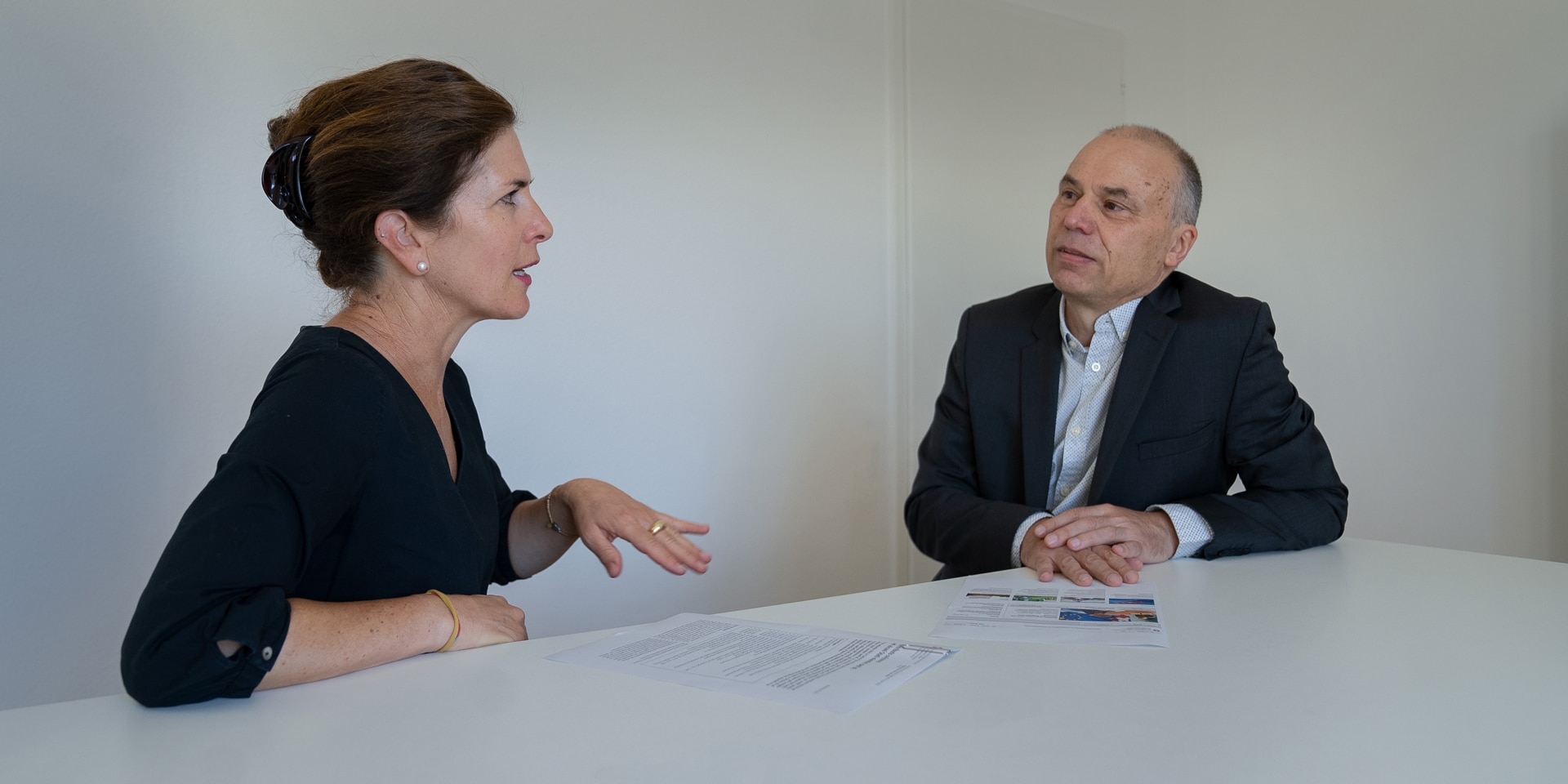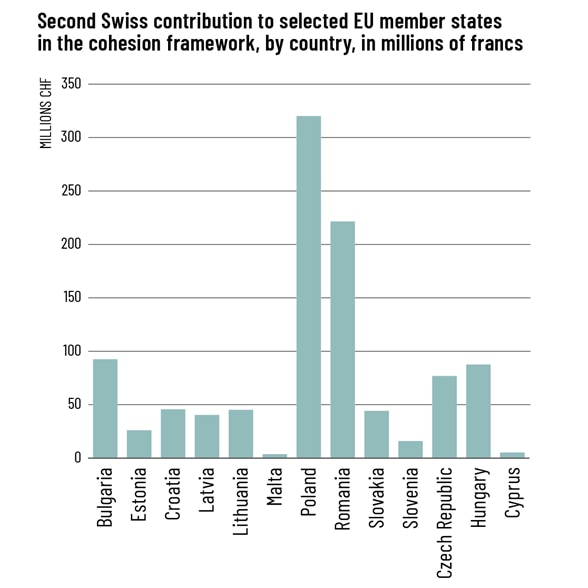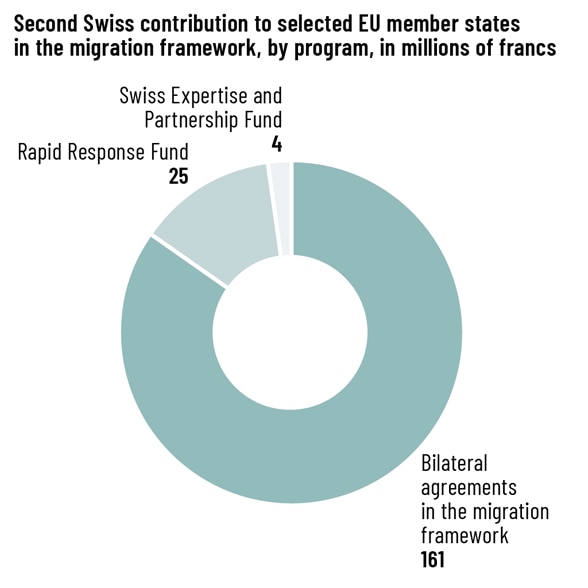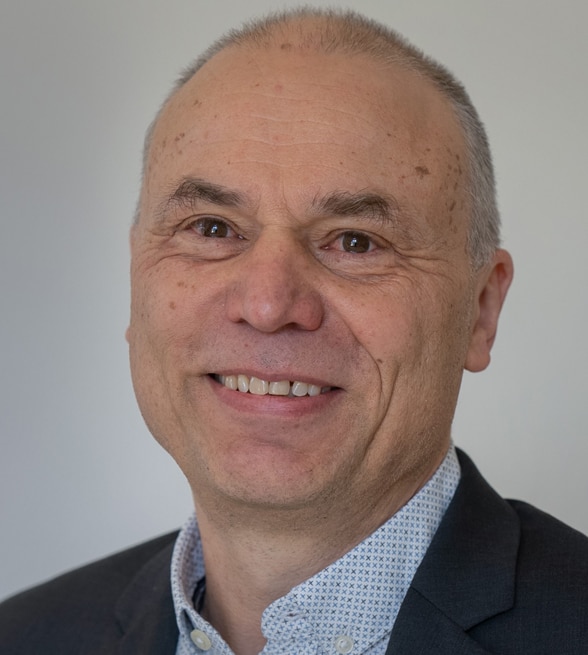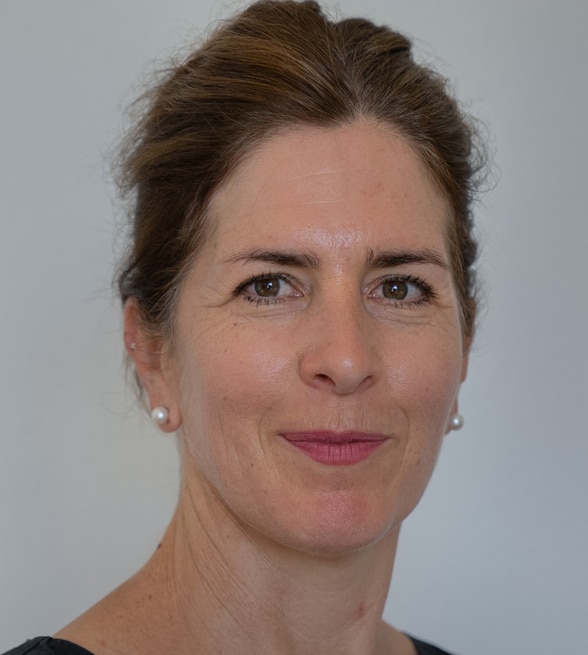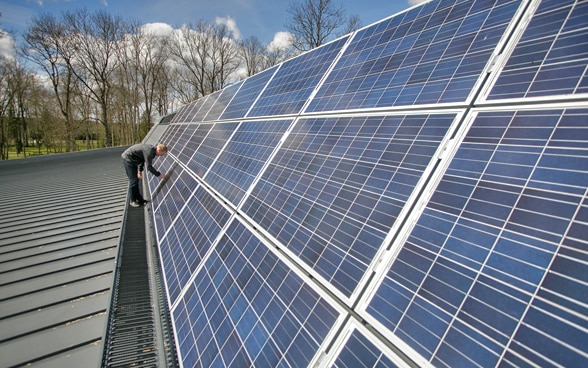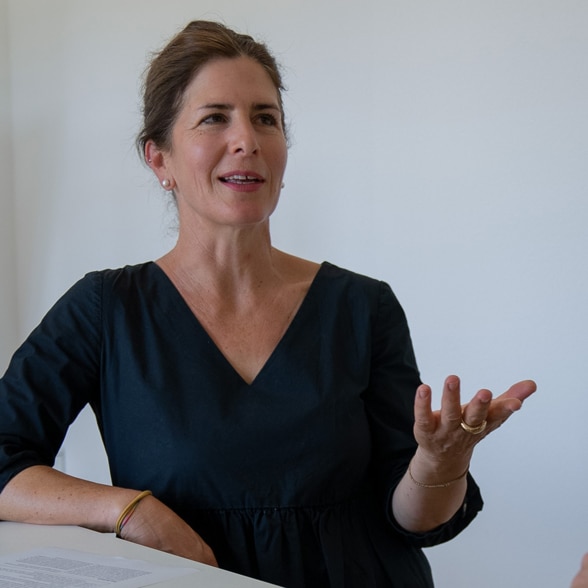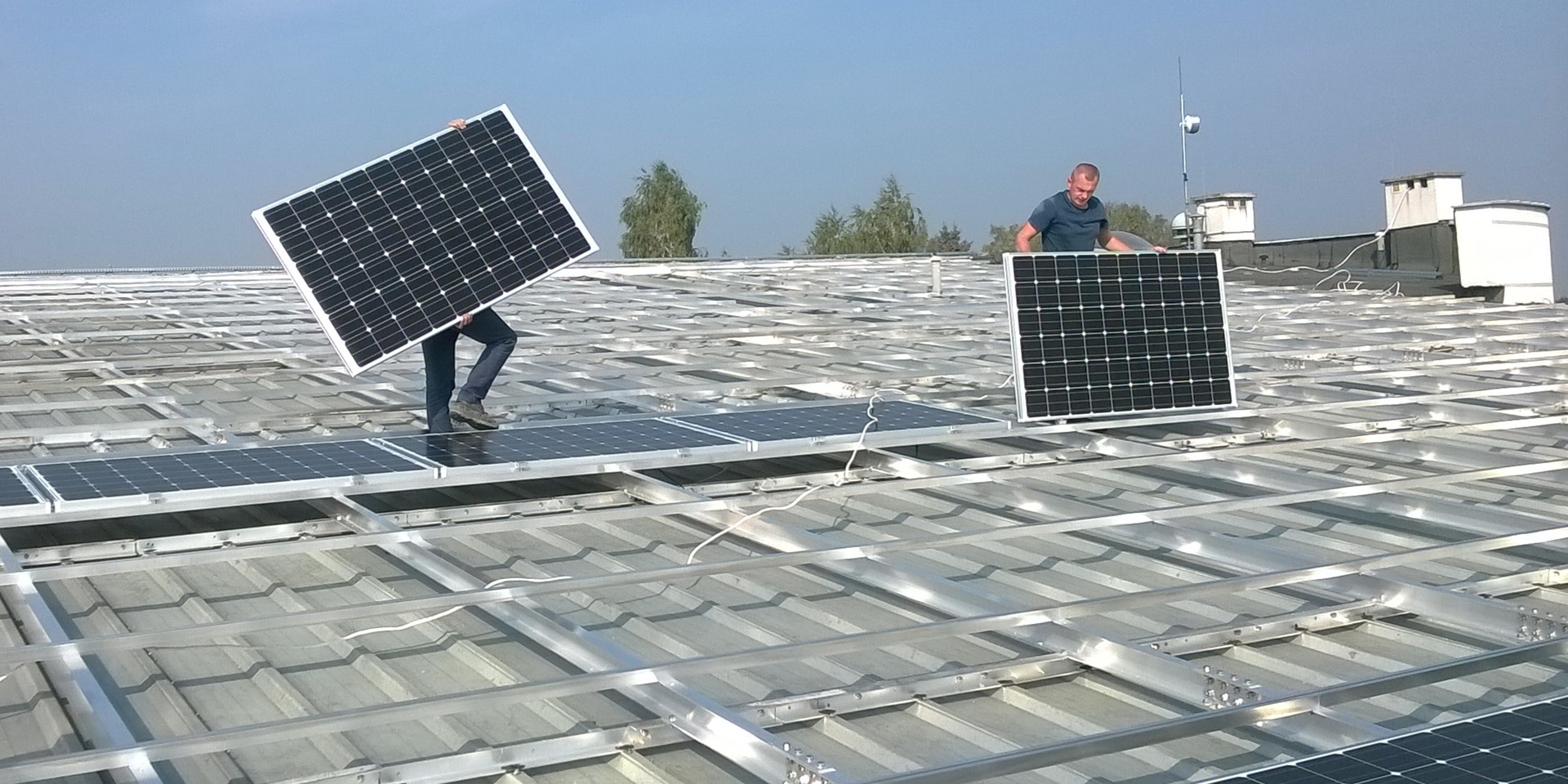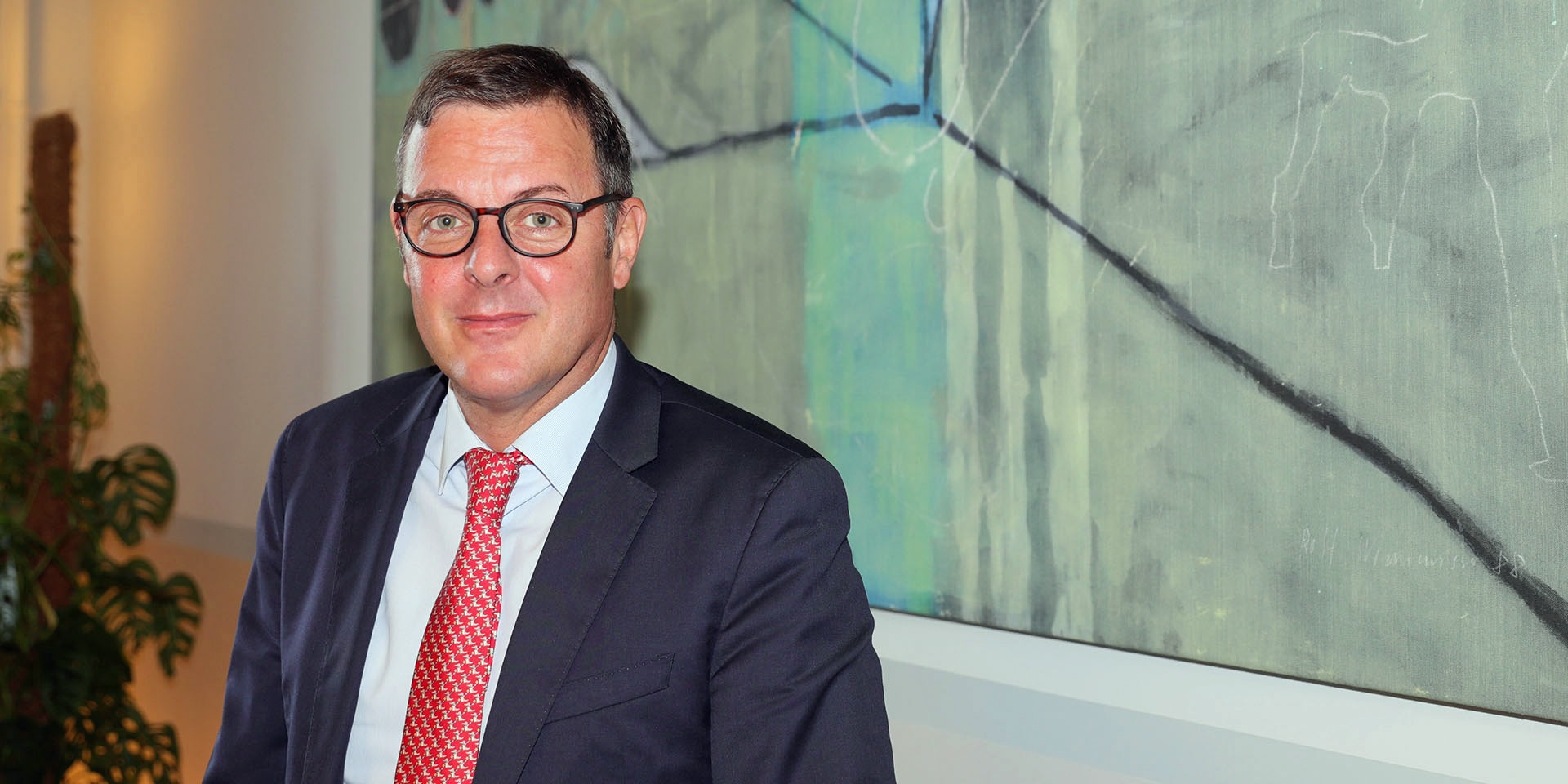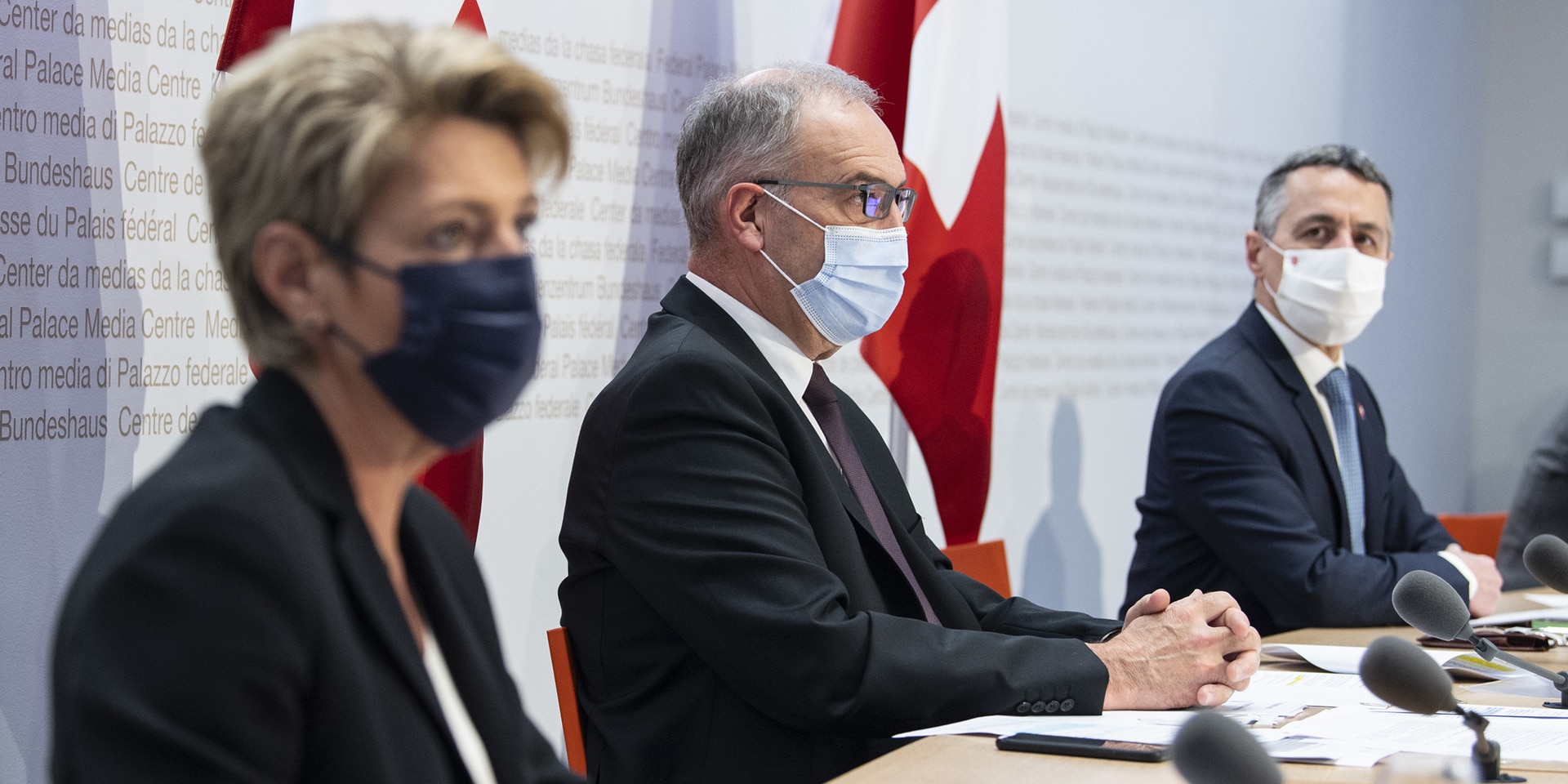Two examples from abroad
Switzerland's second contribution follows on from its contribution to EU enlargement. That initiative enabled Switzerland to gain considerable experience and generate added value with lasting impact, for example in Bulgaria and Slovenia. "Switzerland supported Bulgaria with a small but strategic programme centred on vocational training," recalls Kern. The programme involved a reform of the vocational training system and the introduction of the dual system. Bulgaria drafted a new law based on the Swiss model, under which companies hosting trainees and firms in the respective industries were involved in developing school curricula. In this way, the needs of the labour market could be better incorporated into teaching. "The reform is ongoing and not yet complete for all subjects, but a major cornerstone has been laid," says Kern.
A project that made the biggest impression on Daniel Birchmeier was one in Slovenia. "SECO supported the expansion of renewable energy in Slovenia. Building a noise barrier with solar cells along a section of motorway was part of the project. The barrier is the longest of its kind in Slovenia and generates enough electricity to power all public lighting in the area. This approach is now being rolled out elsewhere in the country," says Birchmeier, who describes the project as a "small example with charisma throughout the country and lasting impact". Interestingly, he goes on, this summer the Federal Council proposed installing noise barriers with solar cells on sections of Swiss motorway too.
The second Swiss contribution in practice
These and other experiences provided important lessons for designing the second Swiss contribution. "Various evaluations of the implementation of the enlargement contribution confirmed that the basic concept works," explains Birchmeier. "However, with the second contribution, Switzerland is strengthening the thematic concentration; larger projects will be supported, thereby increasing the efficiency and visibility. We've also decided that, in five smaller countries, only SDC or SECO programmes will be run. With the enlargement contribution, this was only the case in Malta and Cyprus."
The SDC supports programmes focusing on research, health, vocational education and training, integration, security, the inclusion of minorities, citizen engagement and biodiversity. SECO programmes focus on infrastructure in the environmental and climate protection (water and wastewater, waste management, energy efficiency and renewable energies), urban planning, support for SMEs and tourism. "We work directly with the governments of the countries concerned. Training is improved, public services strengthened, and energy and environmental infrastructure provided," explains Kern. "A specific example is palliative healthcare, i.e. care for people with incurable, life-threatening or chronically progressive diseases. There is also support for private bodies such as research institutes, SMEs and civil society organisations."

